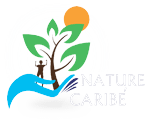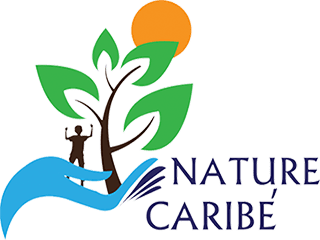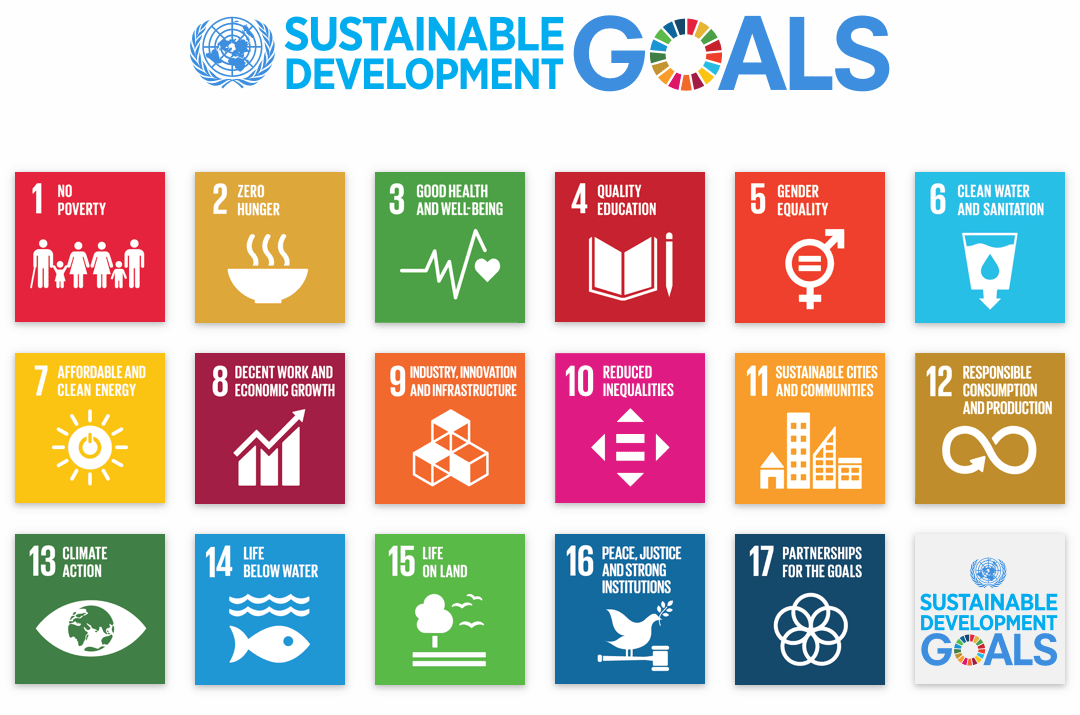Our Approach
Our Approach
Our members are from a diverse range of large and small Caribbean islands and reflect the diversity of island ecosystems, languages, cultures and livelihoods, but our approach is the same: we focus on island ecosystems and the welfare of the people. Each island ecosystem is unique in terms of its biodiversity, physical environment and threats by various natural and anthropogenic factors. Therefore, as a network Nature Caribé members join forces and share the following thematic areas in an interrelated manner:
- Biodiversity conservation
- Ecosystem-based approaches to climate change adaptation
- Regional Environmental Governance
- Sustainable livelihoods
Biodiversity conservation
The Caribbean islands are a recognized as critical biodiversity hotspot, which means that the high level of biodiversity found on the islands is under threat from anthropogenic impacts stemming from deforestation, climate change, poor agricultural practices, mass tourism and urban sprawl that affect all ecosystems from peak to reef.
Members of Nature Caribe seek to conserve biodiversity through a spectrum of activities, from grass roots community work to educating and influencing policy makers nationally, regionally and internationally.
Members of Nature Caribe are aware of the need to leverage their resources by working in partnerships, creating allies, building networks and sharing data and experience. What unites us all is our passion and drive to improve the conservation status of endangered and critical species and ecosystems while improving livelihoods.
Ecosystem-based approaches to climate change adaptation
Climate change is the greatest challenge to mankind and the insular Caribbean is particularly vulnerable to climate change, threating even the very existence of some of our islands. The impacts are already being felt even though the “anticipated” rise in temperatures will only accelerate the scale of destruction and makes action to decarbonize the global economy even more urgent. Unfortunately, even under the best scenario, climate change mitigation and adaptation are imperative at an island level. The recent massive-scale of destruction caused by hurricanes is a harbinger of the threat of destruction to homes and infrastructure that will set back our development by decades.
The conservation, sustainable management and restoration of natural ecosystems using Ecosystem-based Adaptation (EBA) approach is receiving growing attention for its great potential to help people adapt to the impacts of climate change. It is a nature-based solution that harnesses biodiversity and ecosystem services to reduce vulnerability and build resilience to climate change. Our members have been working to develop methods and best practices that influence regional policy decisions and local resource management (governance) using an ecosystem-based approach. We believe that nature-based solutions should integrated in adaptation strategies at global, national and local levels to effectively address climate change.
In addition to EBA, it is important to strive for and drive to achieve the United Nation´s Sustainable Development Goals (SDGs), advocate for the implementation of global biodiversity targets and lobby at all levels for international action to stabilize temperature rises to below 1 degree. If temperatures are allowed to rise beyond that, the future of life on the Caribbean island will be threatened.
Environmental governance
Natural resource governance means equitable drafting and implementation of standards and norms, the creation of equitable oversight institutions and implementation of proper processes so that power and responsibilities over natural resources are exercised fairly, that decisions are taken taking due consideration of nature and wellbeing, and that all citizens – including women, men and local communities – participate in and benefit from the management of natural resources. The effectiveness and equity of regional governance processes critically determine both the extent to which ecosystems contribute to human wellbeing and the long-term prospects for successful conservation of nature. Indeed, governance based on equity contributes to the achievement of global SDGs.
Good regional governance means all-natural resource stakeholders have rights, roles and responsibilities to engage in positive actions to sustain ecosystems in ways that take account of and help advance social equity and human rights.
Therefore, the Nature Caribé network understands that Caribbean society should determine and act according to the objectives and priorities related to the management of natural resources, including the formal and informal rules that govern human behaviour in decision-making processes, and supports actions and agreements to find a range of solutions that work for the interests of all stakeholders.
Sustainable livelihoods
Our livelihoods depend on intact ecosystems. The capacity of the natural resources of our islands to sustain the livelihoods of the Caribbean people is being stretched to the limit. More and more environmental problems are becoming an economic issue and threaten equitable living standards.
We take a multi-sectoral, human-centred approach to development and conservation that focuses on the most vulnerable populations in an equitable manner. From promoting more sustainable fishing practices, forest-friendly activities, like producing shade-grown cocoa, or fostering ecotourism projects that support local communities in protecting natural resources and boost their incomes.
Integrating the SDGs
Nature Caribé’s approach is intrinsically related to supporting efforts to achieve the Sustainable Development Goals (SDG).
Sustainable development is built on sustainable livelihoods. Our approach to achieving real progress in sustainable development and livelihoods in the Caribbean is to follow and strive to attain the UN´s Sustainable Development Goals – SDGs.


